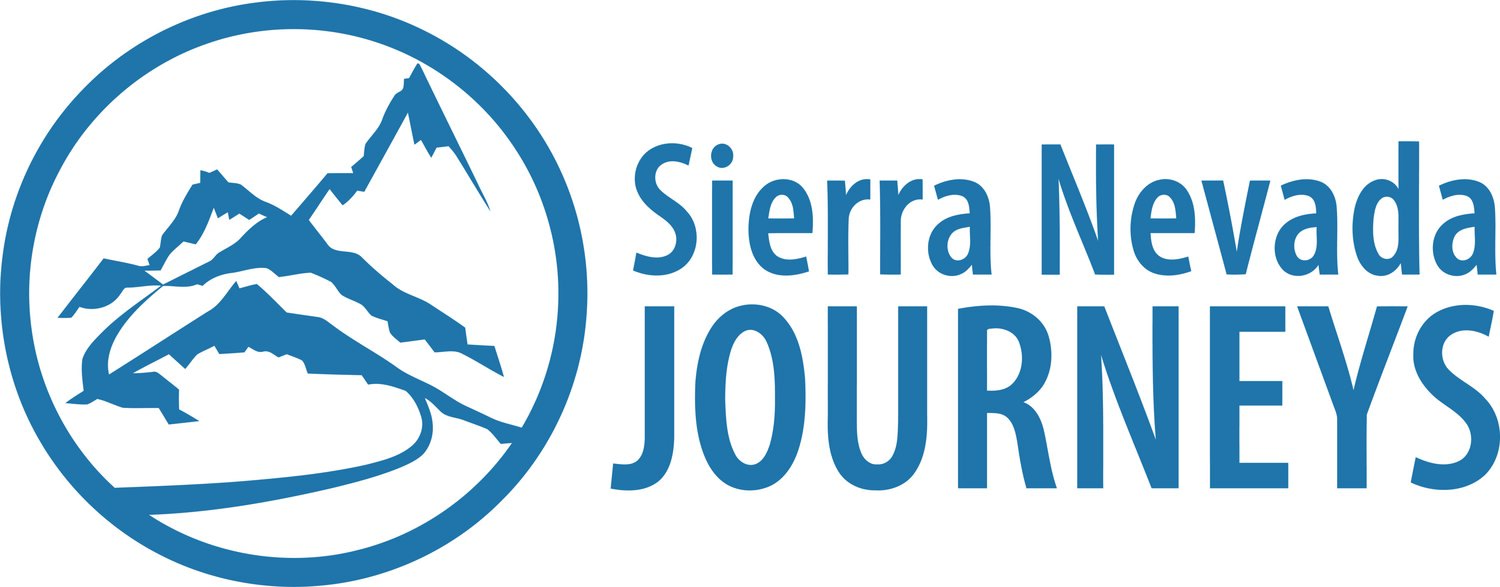How do children benefit from a summer camp experience? If you ask campers or their parents/guardians, you would surely get an array of answers. But they would all fall under one of two categories – developing activity skills or life skills. How they really benefit in one (or both) of these ways comes down to one thing: the STAFF. These individuals instruct archery, have toothbrush parties, sing songs, make sure the pickiest eater is full after breakfast, supervise cabin clean up, care for bumps and bruises, and search for a backpack left in the woods on a hike. And the role goes on and on! How does the staff wear so many “hats” that help campers attain the many benefits of camp? It’s pretty simple – effective training AND the internal motivation that is found within people who have a true passion for providing youth with a transformative experience!
Staff training is as diverse as the many hats they wear. They are trained on “hard skills” such as archery, lifeguarding, ropes course facilitation, age group characteristics and risk management. They are trained on “soft skills” such as debriefing, positive behavior reinforcement, homesickness and sense of place. We place a high value community building and train on this as well. One way we do this is by modeling it throughout our staff training. We create goals for the summer, do daily debriefs, share our successes and fears as we try new activities, find our commonalities and celebrate our differences, and have fun and create memories together. All of these staff skills contribute to the camper experience. Let’s take a look at a few!
Archery is often something new to many campers (and something our returners want to improve on each summer). Our staff is trained in the “hard skills” – safety, equipment use and storage, history of the sport and proper technique. They can help a first-time archer understand the basics or offer advice to an experienced archer on how to sharpen their aim. Enter the “softer skills”. The activity is set up to be non-competitive to remove some of the pressures campers might face with things like school academics and sports. Campers are encouraged to set personal goals, but there are no stressful contests. This set-up is intentional to help build confidence. Staff is also very intentional about celebrating successes. “Success” takes on many meanings at camp – it could mean hitting the bull eyes, or hitting the target, or trying archery even though the camper was nervous about it, or learning about the history of the sport. Whatever it is, we are purposeful about having campers vocalize and appreciate these successes, which build confidence. If a camper doesn’t meet their goal initially, camp is a safe space to learn about perseverance and process the emotions that sometimes come with facing a setback. Establishing community early on creates a supportive environment for campers during challenging times and one where their peers can offer support and share any similar experiences they have had.
Camp is definitely a place for campers to build social skills, especially in their cabin group. There will be some “hard skills” involved with the cabin group – daily cabin clean-up jobs and times where the cabin group is responsible for set-up or clean-up in the dining hall. They will have to exercise their “soft skills” such as cooperation and working together to complete such tasks. There could also be disagreements that arise. This is common when any group spends a lot of time together and conflict is an important part of even the most successful communities. The key aspect is teaching campers how to respectfully address disagreements, such as deciding what to do for the final night skit performance. Staff will use and model the skills they learned in training to help the campers resolve disagreements in an appropriate manner and learn ways to be respectful of other campers whose opinions may differ from their own. Doing activities such as icebreakers, a community contract, teambuilding activities, and nightly debriefs builds a strong community that helps campers successfully build social skills and develop an understanding of one another.
These are just a few ways staff training skills are utilized during the summer. As a camper, my favorite memories weren’t of what we did, but of who I was with. My counselors helped me feel confident, face challenges, and connect with my peers in a way I didn’t experience in day-to-day life. Camp and its activities will certainly continue to change over time, but at the core of every successful camp will be the people who genuinely feel fortunate to wake up and do their job every day. That will remain unchanged.
References
Rockbrook Camp for Girls. (n.d.). Why camp is great for children. http://www.rockbrookcamp.com/parents/children-camp-great/

